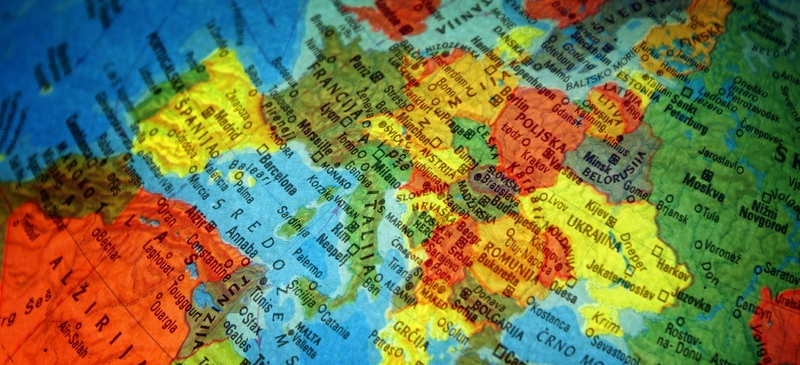
The EU needs a bolder Balkan strategy
The Balkans are returning to the top of the EU’s agenda. UN envoy Martti Ahtisaari has begun to negotiate Kosovo’s future, while Montenegrins will probably vote in April on whether to break with Serbia. Both processes could destabilise a region that is suffering an economic crisis. Unemployment is about 30 per cent in Serbia and Montenegro, 40 per cent in Macedonia and 50 per cent in Kosovo.
The European Commission quite rightly wants to give the entire region a clear perspective of membership, as an incentive for the various governments to carry out painful reforms. The demise of the EU’s constitutional treaty has turned some member-states away from the idea of further enlargement. Nevertheless, last year the EU began accession talks with Croatia, declared Macedonia a candidate, and start e d negotiating ‘stabilisation agreements’ with Serbia and Bosnia.
Ahtisaari may well find that Serb and Kosovar leaders cannot agree on the final status of Kosovo. The United Nations and the EU would then be likely to impose a form of independence, with safeguards for the Serb minority. But such a deal could easily trigger the rapid and perhaps violent exodus of Kosovo’s remaining minorities. A major influx of refugees into Serbia could destabilise its politics, notably by putting wind into the sails of the Radicals (the extreme nationalists). They are already capitalising on the perceived inability of the country’s pro-EU government to deliver. A Radical government in Belgrade would not attack neighbours, but would create tension in many parts of the region. Meanwhile, an independent Kosovo could turn into a failed state. So long as its political structures remain weak, and its economy stagnant, organised crime will flourish and politics could turn violent.
The EU can avoid these dangers if, together with its partners, it manages a peace-building process that is based on a broad international and regional consensus. The outcome must be seen as balanced, so that everyone can live grudgingly with the result. The EU’s strategy should be to integrate Serbia through a faster track to membership, while stabilising Kosovo through a long term commitment to state building.
Balkan and EU foreign ministers are due to meet in Salzburg in March. The Commission wants the EU to propose ‘multilateralising’ the 31 bilateral trade agreements – some poorly implemented – that criss-cross the region, and meshing them into one free trade area.
Trade integration is the key to the region’s economic revival. But the Commission’s proposals are too modest. The EU should take the whole region into a customs union, similar to the one it has had with Turkey for the past ten years. This would make a bigger impact than a free trade area, forcing the Balkan states to accept the EU’s common external tariffs, usually lower than their own. The EU-Turkey customs union has boosted Turkish economic growth. Creating one for the Balkans could help to kick-start these economies.
Negotiating such a customs union could take years. Entrenched interests would fight to maintain high tariffs on sensitive products. But if the Balkan states are serious about entering the EU, the re a l question is whether they join the customs union – an intrinsic part of membership – sooner or later. The EU should offer them a straight-forward deal that allows few special cases or exemptions.
To its credit, the Commission plans to propose visa facilitation agreements for the Balkans – the EU is currently offering more liberal visa regimes to neighbours such as Russia and Ukraine. Unfortunately, some of the larger member-states seem likely to block these moves. They should think again: easier travel would be a tangible benefit for the people of the Balkans (in the 1980s Yugoslav citizens enjoyed visa-free travel to the EU).
The best thing the EU could do to promote Balkan stability would be to offer an indicative timetable to each state that shows an appetite for reform and a willingness to engage with the Union. For example, the EU could suggest a target date for Serbia to become a candidate, and another date for Macedonia and Serbia to start accession talks. Such an approach could help transform those countries into poles of regional stability. It could also speed up reform in Bosnia, allow Montenegro to plan for an independent future and encourage state-building efforts in Kosovo and the wider Albanian area. he next few months are crucial for the future of the Balkans. If EU leaders refuse to discuss realistic strategies for enlargement, the region will be more likely to suffer a new cycle of instability than enjoy enduring stability.
Carl Bildt is a former prime minister of Sweden and a member of the CER’s advisory board.
